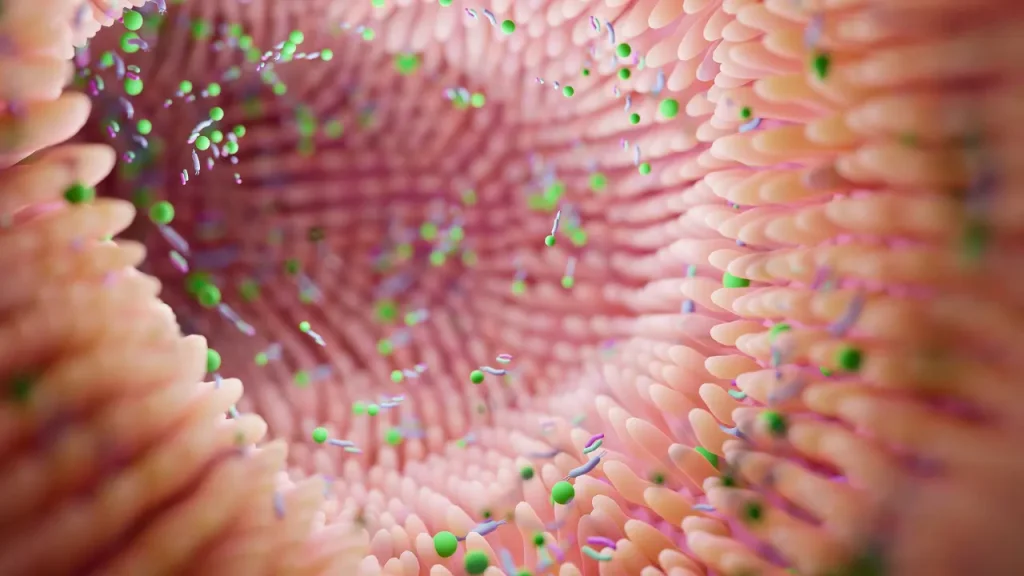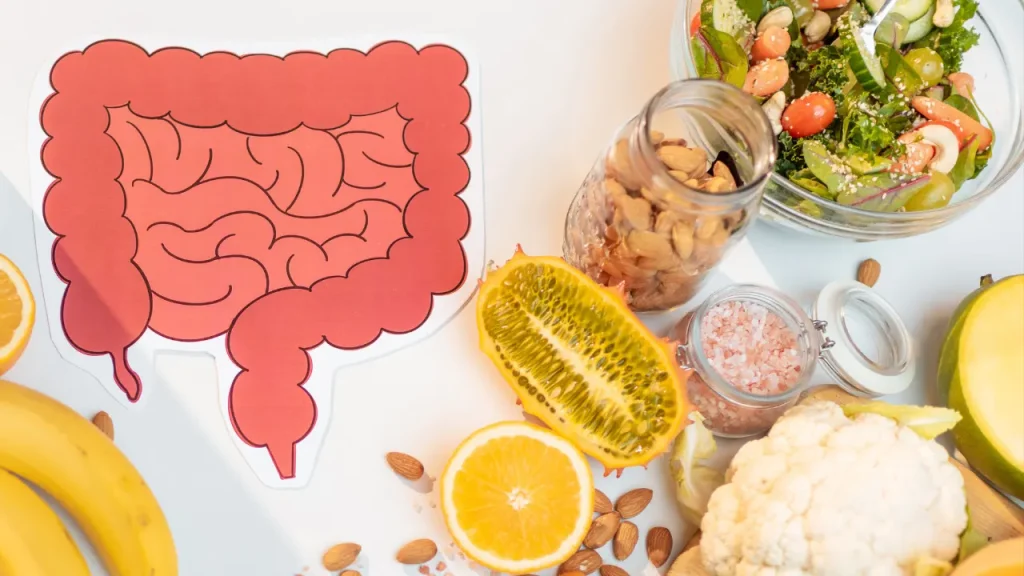The annual or biennial wild radish plant, raphanus raphanistrum, is a member of the brassicaceae family and is indigenous to Europe, Asia, and North Africa. It has spread worldwide, including to Australia and North America. Wild radish has historically been used for its culinary, medicinal, and nutritional benefits despite being frequently regarded as a weed. In-depth knowledge of the chemistry, health advantages, recommended dosage, negative effects, possible drug interactions, and ethical use of wild radish as a dietary supplement are provided in this article.
You May Also Like:
Keep Your Brain Young With the 5 Most Powerful Nootropic Supplements
Levium Premium Liquid Fast-Acting Natural Stress Relief Supplement: In-Depth Review
Wild Radish: Benefits, Dosage, Side Effects, Drug Interactions, And Other Important Information is an original (NootropicsPlanet) article.
Nature of Wild Radish
Wild radish (raphanus raphanistrum) is distinguished by its unusual taproot, which can range in color from white to yellow, pink, or purple. The plant has innately lobed leaves with rough, hairy surfaces and can reach a height of 3.3 feet. The tiny, cross-shaped flowers, which can range in hue from white to yellow or lilac, usually bloom between April and October. In addition to grasslands and coastal habitats, wild radish is frequently found in disturbed soils including fields, roadsides, and waste areas.
Health Benefits of Wild Radish
Effects of Antioxidants and Anti-inflammation:
A variety of antioxidants, including vitamin C, flavonoids, and phenolic acids, are present in wild radish and work to combat free radicals and shield cells from oxidative damage. By controlling the generation of cytokines that promote inflammation, these substances also have anti-inflammatory properties. Wild radish’s anti-inflammatory and antioxidant properties can aid in the treatment and prevention of chronic illnesses like cancer and conditions related to the nervous system and the cardiovascular system.
Cleansing and Liver Health:
Sulforaphane in particular, which is an isothiocyanate generated from wild radish glucosinolates, is essential for liver health and detoxification. The expression of antioxidant and detoxifying enzymes is controlled by the nuclear factor erythroid 2-related factor 2 (Nrf2) pathway, which is activated by these substances. This procedure aids in the removal of toxic substances and safeguards the liver, potentially lowering the risk of liver illnesses and enhancing general liver health.
Activity Against Microorganisms and Parasites:
Due to its antibacterial and antiparasitic properties, wild radish has been used for centuries. According to studies, the essential oils extracted from wild radish contain antimicrobial and antiparasitic properties. The presence of isothiocyanates, which can damage microbial cell membranes and block vital enzymes, is thought to be responsible for the antibacterial properties.
Digestive Health:
Dietary fiber, which is abundant in wild radish and supports digestive health by encouraging regular bowel movements, reducing constipation, and maintaining a healthy gut flora, is important for regular bowel movements. Due to its carminative and antispasmodic characteristics, wild radish has also historically been used to treat digestive problems like indigestion and gas.

Chemistry of Wild Radish
The bio-active substances glucosinolates, flavonoids, phenolic acids, vitamins, minerals, and dietary fiber are only a few of the bio-active substances abundant in wild radish. The sulfur-containing glucosinolates, and glucoraphanin, are what give wild radish its strong flavor. When glucosinolates are consumed, they undergo enzymatic hydrolysis to produce isothiocyanates, which are physiologically active and have been linked to a varietyhealth advantages.
Physiological Properties Underlying Wild Radish
The many bio-active components of wild radish work on the body and mind via different mechanisms, which adds to the plant’s health-promoting properties.
Effects of Antioxidants and Anti-inflammation:
Wild radish contains flavonoids and phenolic acids that serve as antioxidants to combat free radicals and reduce oxidative stress. Additionally, these substances lessen inflammation by inhibiting the production of pro-inflammatory cytokines like tumor necrosis factor-alpha (TNF-alpha) and interleukin-6 (IL-6).
Cleansing and Liver Health:
Sulforaphane, one of the isothiocyanates generated from wild radish, stimulates the Nrf2 pathway, which regulates the production of various antioxidant and detoxifying enzymes. This activation protects the liver from damage while assisting in the elimination of harmful substances like reactive oxygen species and environmental toxins.
Activity Against Microorganisms and Parasites:
Isothiocyanates from wild radish exhibit antibacterial effects by impairing the integrity of bacterial, fungal, and parasitic cell membranes, leading to cell death. Additionally, these substances interfere with the activity of crucial enzymes required for the survival and procreation of microorganisms.
Internal Health:
Wild radish contains dietary fiber that promotes regular bowel movements and prevents constipation, supporting digestive health. Additionally, this fiber functions as a pre-biotic, promoting good gut bacteria and preserving a healthy gut microbiota. Wild radish’s carminative and antispasmodic properties soften the smooth muscles in the gastrointestinal tract and encourage the release of gas, which helps to treat digestive problems including indigestion and flatulence.

Optimal Dosage
Age, general health, and your specific medical condition are all factors that affect the ideal dosage of wild radish as a nutritional supplement. There isn’t a dosage for wild radish that is officially accepted worldwide, however some basic recommendations for adults include:
–1-2 cups of chopped wild radish, either fresh or cooked, should be consumed daily as part of a healthy diet. For specific advice, refer to your healthcare practitioner or adhere to the manufacturer’s instructions.
–Before utilizing wild radish as a dietary supplement, it is imperative to speak with your doctor, especially if you are pregnant, nursing, have children, have a pre-existing ailment, or are taking medication.
Side Effects of Wild Radish
When ingested in moderation as part of a healthy diet or as a nutritional supplement, wild radish is typically regarded as safe. However, some people might experience side effects, like:
Gastrointestinal Issues:
Due to its high fiber content and the presence of sulfur compounds, consuming large amounts of wild radish may result in gastrointestinal problems, such as bloating, gas, or diarrhea.
Allergic Reactions:
Although uncommon, if you are allergic to members of the brassicaceae family of plants, which also include mustard, kale, or cabbage, you may also be allergic to wild radish. An allergic response can cause a skin rash, breathing problems, or swelling of the face, lips, or throat. Stop using it immediately and seek medical help if this happens.

Potential Substance Interactions
Certain medications and wild radish may interact, possibly changing the efficacy or having unfavorable effects. Among the possible interactions are:
• Anticoagulant and Anti-platelet Medications: Vitamin K, which is essential for blood clotting, is abundant in wild radish. Large doses of wild radish may hinder the effects of anticoagulant or anti-platelet drugs like aspirin or warfarin. If you use certain medications such as these, check with your doctor before consuming wild radish.
• Thyroid Medications: The production of thyroid hormones may be hampered by substances in wild radish known as goitrogens. Before consuming wild radish as a nutritional supplement, if you have any thyroid conditions or are using thyroid drugs, you should talk to your doctor.
Best Responsible Uses of Wild Radish
Take into account the following recommendations to guarantee the safe and effective use of wild radish as a dietary supplement:
• Select top-notch goods: To guarantee purity, potency, and security, use wild radish pills or extracts from reliable providers. Choose products that have passed independent testing and verification.
• Take the dosage as directed: Follow the recommended doses for wild radish and speak with your medical expert for advice tailored to your needs and current health situation.
• Recognize possible interactions: To prevent potential interactions or side effects, speak with your healthcare provider before consuming wild radish if you are taking medication or have pre-existing medical issues.
Wild Radish:
Conclusion
Wild radish is not only delicious in salads but can also have many health benefits. These benefits include aid in skin and stomach disorders. If you are someone that needs to take a supplement to help treat any kind of stomach or skin disorder, wild radish may be right for you. However, it is important to always speak to your doctor before consuming wild radish as a supplement, especially if you are taking any other kind of drug that has anticoagulant properties or if you have any thyroid issues.

References:
- Isothiocyanates: Detoxification and Liver Health Benefits. Nutrients. Retrieved from: https://www.mdpi.com/2072-6643/11/11/2732
- The Role of Dietary Fiber in Digestive Health. Critical Reviews in Food Science and Nutrition. Retrieved from: https://www.tandfonline.com/doi/full/10.1080/10408398.2016.1180501
Important Note: The information contained in this article is for general informational purposes only, and should not be construed as health or medical advice, nor is it intended to diagnose, prevent, treat, or cure any disease or health condition. Before embarking on any diet, fitness regimen, or program of nutritional supplementation, it is advisable to consult your healthcare professional in order to determine its safety and probable efficacy in terms of your individual state of health.
Regarding Nutritional Supplements Or Other Non-Prescription Health Products: If any nutritional supplements or other non-prescription health products are mentioned in the foregoing article, any claims or statements made about them have not been evaluated by the U.S. Food and Drug Administration, and such nutritional supplements or other health products are not intended to diagnose, treat, cure, or prevent any disease.


